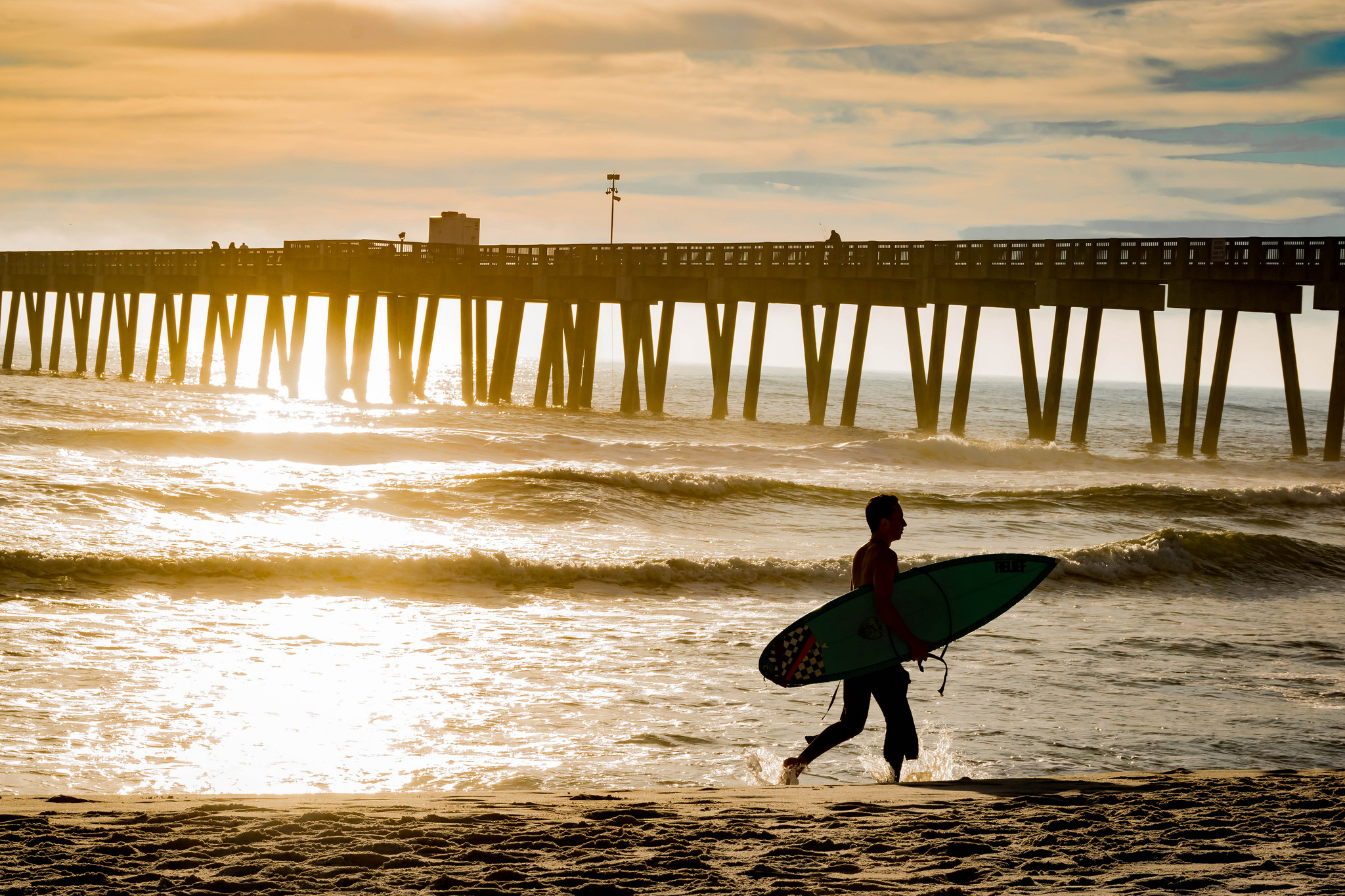Before we delve into the posts we’re reading and loving elsewhere on the internet, don’t miss Natalia Antonova explaining why the case for independence from Russia isn’t as persuasive as it’s cracked up to be.
And subscribe to the Global Comment podcast on iTunes or Soundcloud.
‘Eating Alone‘ (Stephanie Rosenbloom for Longreads)
A strange stigma clings to eating alone, even though it can be restful, satisfying, and pleasurable. Why are we so scared of being on our own, and what can we do about it?
Be that as it may, all too often the meals we have alone are rushed and forgotten, as if they didn’t matter. In the United States, for instance, dining alone has led to what the Hartman Group, a food and beverage consultancy, has called the “snackification of meals.” Certainly, we all have times when we have to eat and run, but what about the rest of the time? Why should a meal on our own be uninspired or scarfed down as if consumed on the shoulder of an interstate highway? Why shouldn’t the saying la vie est trop courte pour boire du mauvais vin — life is too short to drink bad wine — apply, even when we sip alone?
‘‘Nothing to worry about. The water is fine’: how Flint poisoned its people‘ (Anna Clark for The Guardian)
After years, Flint still doesn’t have clean water. The reason why isn’t a freak, unavoidable series of events, or a random tragedy. It’s neglect, racism, and deliberate decisions.
This is the story of how the city of Flint was poisoned by its own water. It was not because of a natural disaster, or simple negligence, or even because some corner-cutting company was blinded by profit. Instead, a disastrous choice to break a crucial environmental law, followed by 18 months of delay and cover-up by the city, state and federal governments, put a staggering number of citizens in peril.
‘They Fought and Died for America. Then America Turned Its Back.‘ (Allison Griner for Narratively)
As the United States quietly dismisses non-citizens from its military with the goal of denying them citizenship rights after their service, this feels like a particularly timely read.
In February 1946, it issued the first of two Rescission Acts, both of which denied Filipino veterans the right to be recognized as active service members in the U.S. Armed Forces. In exchange, the U.S. offered the Philippine Army a sum of $200 million. It also paid compensation to Filipino soldiers disabled in the war and kin of those who were killed — sometimes at half the rate of their American counterparts.
‘Bugs Are Coming Soon to Your Dinner Table‘ (Agnieszka de Sousa, Hayley Warren and Roni Rekomaa for Bloomberg)
The food system has some bugs. The solution may be…actual bugs.
Insects, already part of the diets of 2 billion people, mainly in Asia, are set to reach more dining tables as consumer concern about the environmental and social costs of producing beef, pork and poultry overrides the yuck factor of eating bug-filled burger. Using little land and emitting a fraction of the greenhouses gases generated by cattle, that appeal will grow as a surging population stretches scarce global resources.
‘Empathy Machines‘ (Olivia Rosane for Real Life Mag)
Does empathy really work?
The idea behind projects like the Empathy Museum is that that empathy, when felt truly, will prompt global change. But how? If I’m personally moved to give a bag of almonds or even my entire personal savings, that hardly seems sufficient to pass the “moral test of our times” or change the world. How can personal feelings feed into the collective action necessary for addressing systemic and structural problems?
And hey: Much like public radio, we’re listener supported. If you enjoy our work, please consider supporting us with a one time or recurring donation.
Photo: Jody Claborn/Creative Commons

